So you want to be an electrician in Texas? It’s a great career choice, and one that can lead to a long, prosperous future. But before you can start down the path to becoming an electrician, there are some things you need to know. In this article, we will answer some of the most common questions about becoming an electrician in Texas. We’ll provide helpful tips and advice on what steps you need to take to make your dream of becoming an electrician a reality!
Electrician Job and Responsibilities
The United States is home to some of the most highly skilled electricians in the world. In fact, many of the top electrical contractors in the country are based here. That’s because there are so many opportunities for electricians in America – and particularly in Texas.
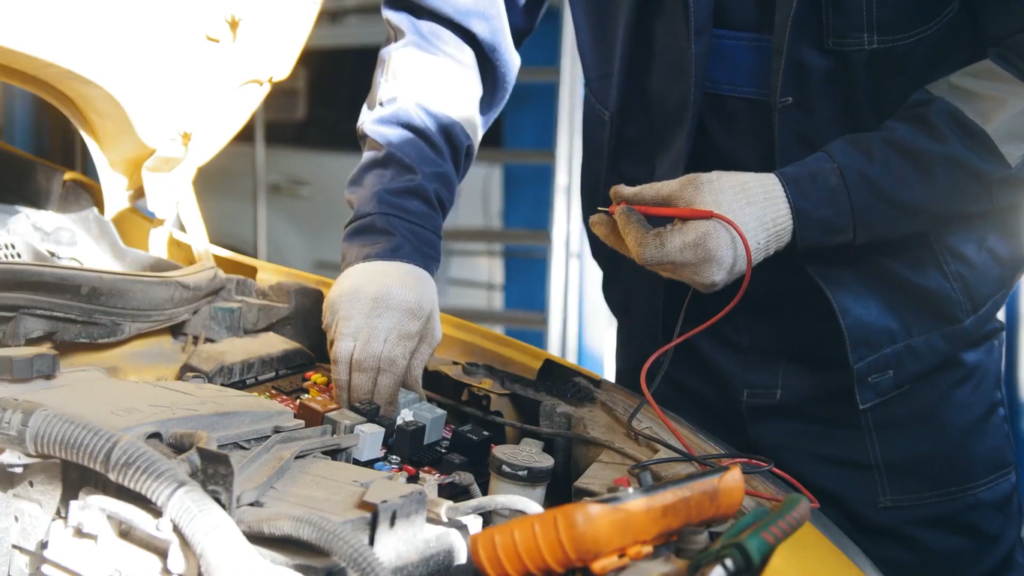
The Lone Star State is one of the fastest-growing states in the US, with a booming economy and plenty of construction work. As a result, there is a high demand for qualified electricians.
In addition to working on homes and businesses, electricians may find employment in the maintenance department of factories or other industrial facilities. Many electricians are self-employed. [1], [2], [3]
Why You Should Strive to Become a Licensed Electrician
But what does it really mean to be a licensed electrician? For starters, becoming a licensed electrician in Texas automatically comes with a number of advantages. For one, it gives you more credibility in the eyes of your potential employers. After all, why would they trust someone who doesn’t even have a license to work on their electrical system?
Being licensed also means that you can charge more for your services. This is because licensed electricians are seen as more qualified and thus able to do a better job. As such, they can demand higher rates.
In Texas electricians can’t perform their work legally without a license. To get your electrician license in Texas, you first have to pass an exam administered by the Texas Department of Licensing and Regulation (TDLR). Not having a license, not only risks you trouble with the law, but it could also put the people you’re working for in danger.
As a licensed electrician, you have an option to perform your work independently without having to work under the supervision of another electrician. This can be a great benefit if you are looking to start your own business or become self-employed.
Lastly, being licensed protects you from liability in case something goes wrong while you’re working. If you’re not licensed and something happens, you could be held liable and end up having to pay damages. However, if you are licensed, then you’ll be protected by your insurance policy.
So as you can see, there are plenty of reasons why you should strive to become a licensed electrician in Texas. Not only will it give you a competitive edge, but it will also help you protect yourself and the people you work for. [1], [4]
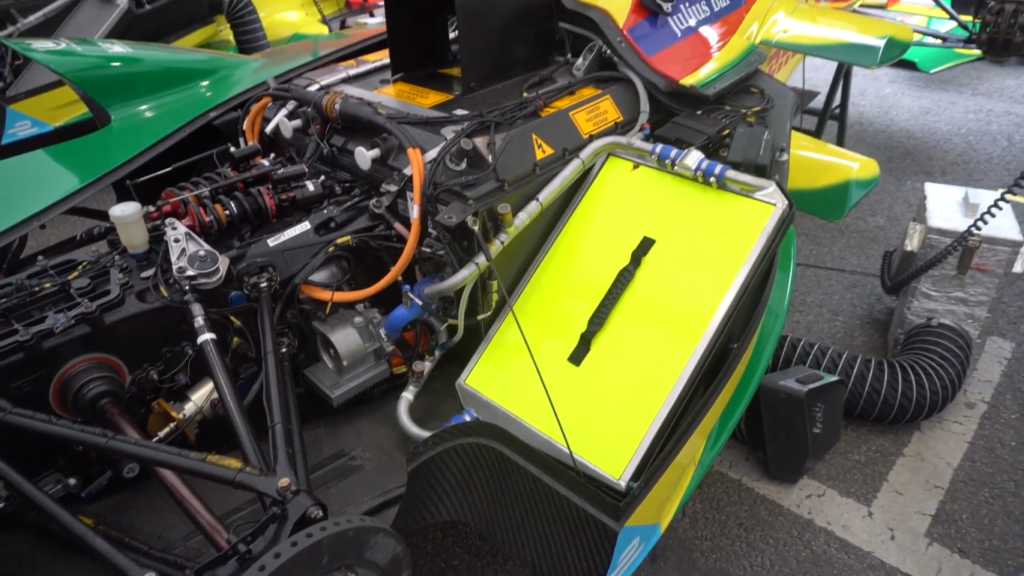
General Requirements to Become an Electrician
No matter which continent, state or country you reside, in order to become an electrician there are certain general requirements which must be met.
Be at least 20 years old
While apprentices can begin their patches earlier, to actually become licensed, you need to be at least 20 years old. There are a few reasons for this age requirement. First and foremost, the job can be quite dangerous. Electrical work requires a significant amount of safety precautions, and more often than not it’s better for those who have a tad bit more life experience under their belt.
In addition, most electricians begin their careers as apprenticeships.
And in order to be eligible for an apprenticeship program, you typically need to be at least 18 years old (though some programs may accept 16 year olds).
A high school diploma at least
Most electricians have a high school diploma. In fact, many employers prefer that their electricians have completed some form of post-secondary education, such as a vocational program or an apprenticeship. GEDs are usually also accepted in lieu of a high school diploma.
While it is not required, having a degree from an accredited institution can make you more attractive to potential employers. If you plan on going into business for yourself, then a degree may be essential in order to gain the trust of your clients.
There are many different types of degrees which can set you up for success as an electrician. For example, you could get a degree in electrical engineering, which would give you a strong foundation in the theoretical aspects of electricity. Alternatively, you could get a degree in electrical technology, which would provide you with more hands-on training.
Interest and knowledge of electronics
Another important factor in becoming a successful electrician is having a genuine interest in the trade. This means being curious and passionate about electronics, and always striving to learn more about the field.
In order to become an electrician, one must have basic knowledge of mathematics and physics. A strong foundation in these subjects will be helpful when studying for the journeyman or master electrician exams.
Physical strength and stamina
As an electrician, you’ll be working with your hands a lot. That means manual dexterity is important for the job. You should also have good vision (with or without corrective lenses) and hearing.
In addition, since you’ll be spending a lot of time on your feet (and sometimes in awkward positions), it’s important that you have good physical stamina and strength. Electricians often need to lift heavy objects and climb ladders, so being physically fit is a big plus.
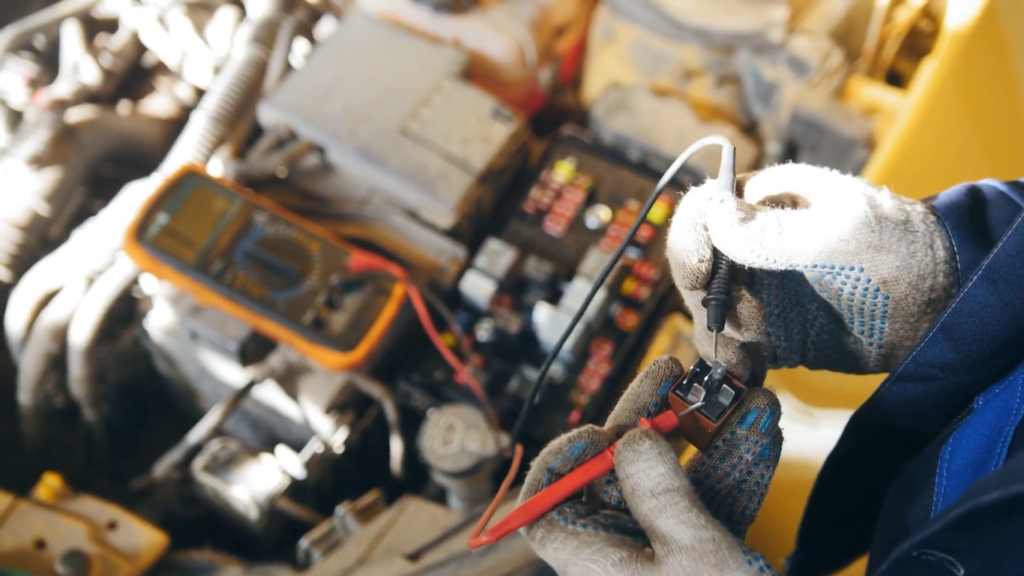
A driver’s license
While not all electricians need to drive as part of their job, it’s still a good idea to have a driver’s license. Many electricians work independently or in small businesses, so having your own mode of transportation can be quite helpful.
Problem solving skills
As an electrician, you will be responsible for diagnosing and repairing electrical problems. This will require excellent problem-solving skills as you will need to identify the root cause of the problem and then find the best way to fix it.
You will also need to be able to think on your feet and work quickly and efficiently under pressure. Electrical problems can often be time-sensitive and need to be fixed as soon as possible. [2], [3]
What Do You Need to Become a Licensed Electrician in Texas
Now that we’ve talked about the benefits of becoming a licensed electrician, let’s discuss what you need to do to make it happen!
Licenses and Examinations
The proof that you are a licensed electrician in Texas is your license. You cannot practice or offer your services as an electrician without a license. Before we show you how to become an electrician in Texas, let’s first take a look at the different types of licenses that are available for electricians in Texas.
There are four main types of licenses:
- Apprentice Electrician License
- Residential Wireman License
- Journeyman Electrician License
- Master Electrician License
Apprentice Electrician License
The first step to becoming an electrician in Texas is to obtain an apprentice electrician license. In the state of Texas, an apprentice electrician is defined as someone who is learning the trade of electrical work under the supervision of a licensed journeyman or master electrician. As an apprentice, you will be expected to complete a specific number of hours of on-the-job training and theoretical classroom instruction before you can take the journeyman or master electrician licensing exams.
Becoming an apprentice electrician is your initial step towards becoming a fully licensed professional in Texas. It is important to note that although an apprenticeship provides many benefits and opportunities, it is not required in order to become a licensed electrician in Texas. Another option is joining a trade school or college program that offers electrician training. However, most students choose to complete an apprenticeship as it gives them the chance to earn money while they learn, and also provides valuable on-the-job experience.
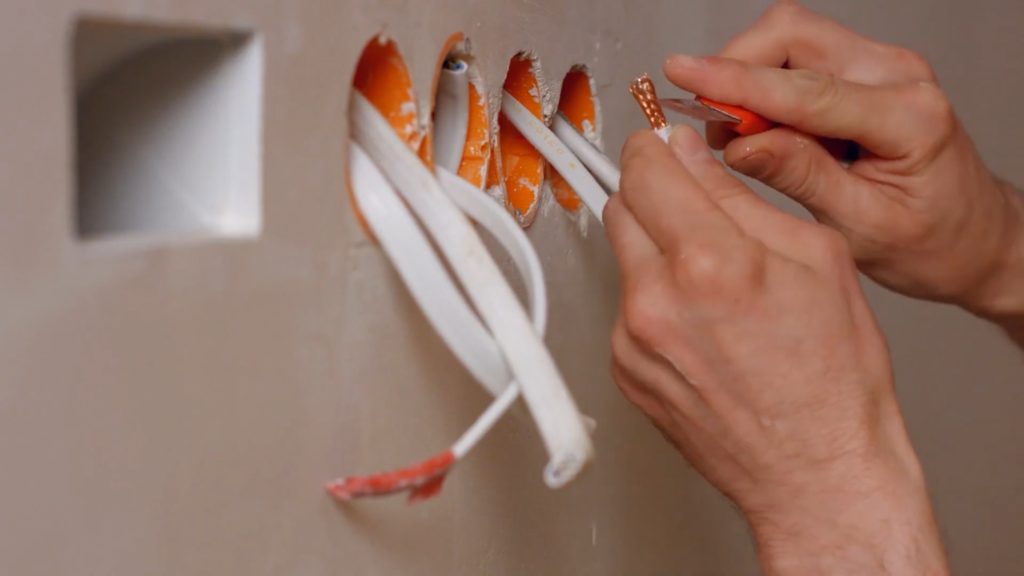
Once you have your apprentice electrician license, you must complete 4,000 hours of on-the-job training before you can become a residential wireman or/and take the journeyman electrician examination.
Residential Wireman License
An electrician is a tradesman specializing in electrical wiring of buildings, stationary machines, and related equipment. Electricians may also install or service street lights, intercom systems, security systems, and other electrical equipment.
In order to become an electrician in Texas, you must first obtain a Residential Wireman License from the Texas Department of Licensing and Regulation.
There are two ways to qualify for a Residential Wireman License:
- Complete an approved apprenticeship program OR
- Pass an examination administered by TDLR
If you choose to complete an apprenticeship program, again you must do so through a registered apprenticeship sponsor. Apprenticeship sponsors can be found through the Texas Department of Licensing and Regulation website.
Once you have completed an apprenticeship program or passed the examination, you must submit a completed application, along with the required fees, to TDLR. TDLR will then issue your Residential Wireman License.
It is important to note that a Residential Wireman License is only valid for work on residential property. If you wish to work on commercial property, you must obtain a journeyman electrician license from TDLR.
Journeyman Electrician License
Journeyman electricians are licensed to perform a wide variety of tasks, including installation and maintenance of electrical systems. In Texas, a journeyman electrician license is obtained by passing an examination administered by the Department of Licensing and Regulation.
To be eligible to take the examination, an applicant must have four years of experience as an apprentice electrician or equivalent. Experience must be verified by a licensed journeyman electrician, master electrician, or electrical contractor.
Next comes the exam. The examination consists of 100 questions, and the passing score is 70%. The examination covers safety, electrical theory, the National Electrical Code, and the Texas Electrical Safety and Licensing Act.
To apply for the examination, you will have to pay a fee. The application must be submitted to the Department of Licensing and Regulation at least two weeks prior to the examination date.
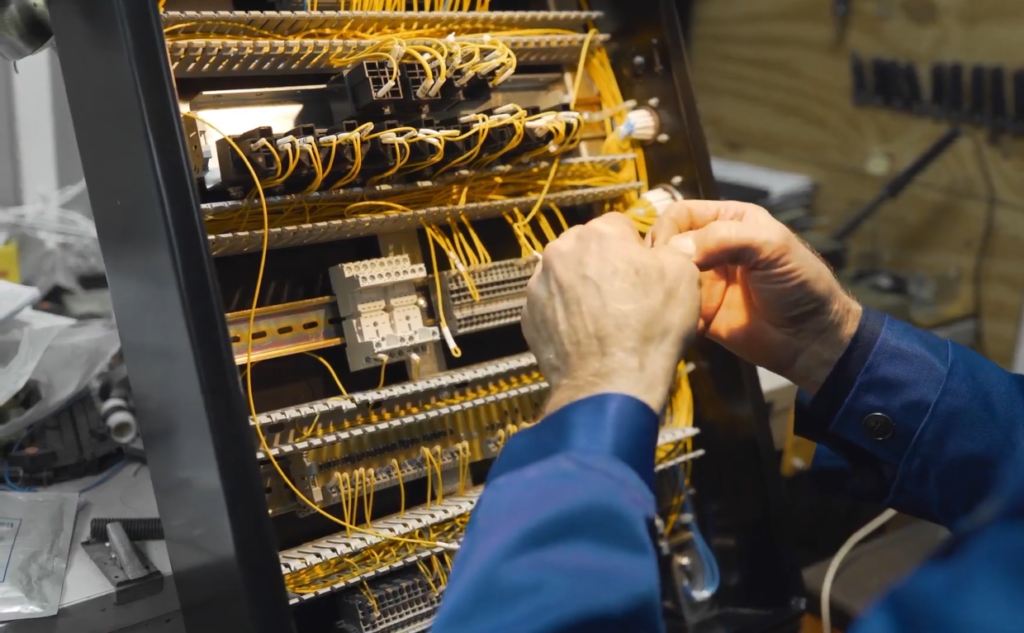
The easiest way to apply for a license exam is through PSI. PSI is an independent testing company that provides examinations for a variety of professions, including electricians. PSI offers two types of exams: computer-based and paper-based. The computer-based exam is offered year-round at PSI test centers, and the paper-based exam is offered twice a year.
To register for a PSI examination, you will need to create an online account and pay the examination fee upon applying. Once you have registered, you will be able to schedule your examination date and time.
You will need to bring a government-issued photo ID to the examination. You will also need to bring your own calculator. Calculators with memory storage devices are not permitted.
Be sure to prepare for the examination by studying the reference materials listed on the TDLR website. Many exam providers also offer study guides and practice tests to help you prepare. However keep in mind that subjects that may appear on the exam can change at any time. But usually there aren’t any major changes. You will definitely need to be knowledgeable about both the electrician theory and different types of electrical equipment. And safety theory too of course!
If you do not pass the examination, you may retake the examination. There is no limit to the number of times you can take the examination.
It is important to note that a journeyman electrician license does not allow you to work independently. You must work under the supervision of a master electrician or electrical contractor.
Once you obtain your journeyman electrician license, you will have to renew it every year. To renew your license, you will need to submit a renewal application and fee to the Department of Licensing and Regulation.
You will also have to undergo a 4-hour continuing education course every year. The course must be approved by the Department of Licensing and Regulation. This is done to ensure that journeyman electricians stay up-to-date on the latest safety codes and standards.
Master Electrician License
In Texas, a Master Electrician license is the highest level of electrical license that can be obtained. It allows the electrician to perform any type of electrical work, including working on power lines and installing or repairing high-voltage equipment.
To become a Master Electrician in Texas, an electrician must first earn at least 12,000 hours of experience working as a journeyman electrician. Once the electrician has accrued the necessary experience, they can then take the state-administered Master Electrician exam in order to obtain their license.
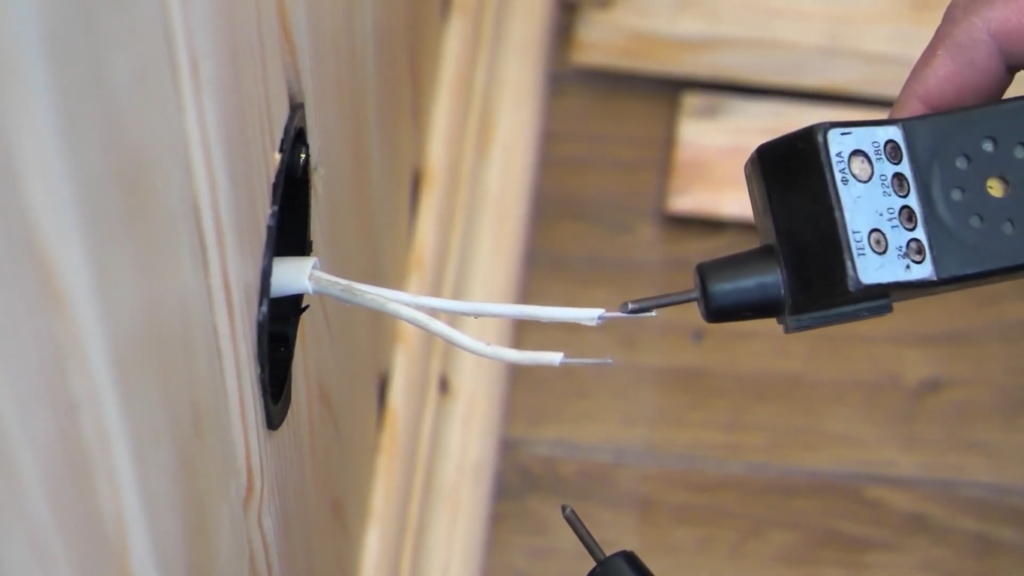
You will need to prove your experience to the Texas Department of Licensing and Regulation (TDLR), either by providing W-2 forms from your employer(s) or by having a journeyman electrician who can verify your experience sign an affidavit. The TDLR may also require you to pass a criminal background check before they issue your license.
In addition to the experience and exam requirements, electricians who wish to obtain a Master Electrician license in Texas must have a valid Journeyman Electrician license from the state for two years.
Just like with the Journeyman License, once you have obtained your Master Electrician license, you will need to renew it every year. The renewal process requires that you complete at least 4 hours of continuing education credits, which can be earned by taking classes or attending seminars related to the electrical trade.
Master license opens doors to more job opportunities and higher earnings potential. It also allows you to start your own electrical contracting business in Texas. [1], [4], [5], [6]
Earn the necessary experience
In order to obtain your electrician license in Texas, you need to have a minimum of 4 years’ experience working as an apprentice under the supervision of a licensed journeyman or master electrician.
As we briefly mentioned above, apprenticeship opportunities are typically the best way to gain this required experience. Most programs last between 3-5 years and cover all the basics of electrical work including safety standards, electrical theory, and more.
Trade schools are also an option and will take you only around 2 years to complete. The main benefit of attending trade school is that you’ll be able to learn all the necessary theory and practical skills in a shorter time frame.
However, this convenience comes at a cost as trade schools can be quite expensive. In addition, most trade schools don’t offer job placement assistance after graduation which means you’ll have to find your own apprenticeship opportunity.
Not only will an apprenticeship provide you with the necessary on-the-job training, but it can also help you make connections within the industry which may prove to be helpful down the road when you’re ready to start your own business or take on larger projects. [1], [4], [5], [6]
Join an Electrician Union
After you have completed your apprenticeship and have obtained the necessary experience, you can then apply to join an electrician union. While this is not required, it can be beneficial as it will give you access to a wide range of resources, training opportunities, and job leads.
When it comes to electrician unions, there are a few key benefits that they offer apprentices and journeyman electricians. First and foremost, electrician unions provide a way for electricians to get training and education in the field. In addition, electrician unions also offer health and retirement benefits, as well as other perks such as discounts on tools and equipment.
Becoming a member of an electrician union is a great way to get your career started on the right foot. Not only will you receive the training and education you need to be successful, but you’ll also have access to benefits that can help you throughout your career. [1], [4]
Consider becoming an Independent Electrician Contractor
If you have a good amount of experience working as an electrician, you may want to consider becoming an independent electrician contractor. This means that you will be self-employed and will be responsible for finding your own work, marketing your services, and managing your business.
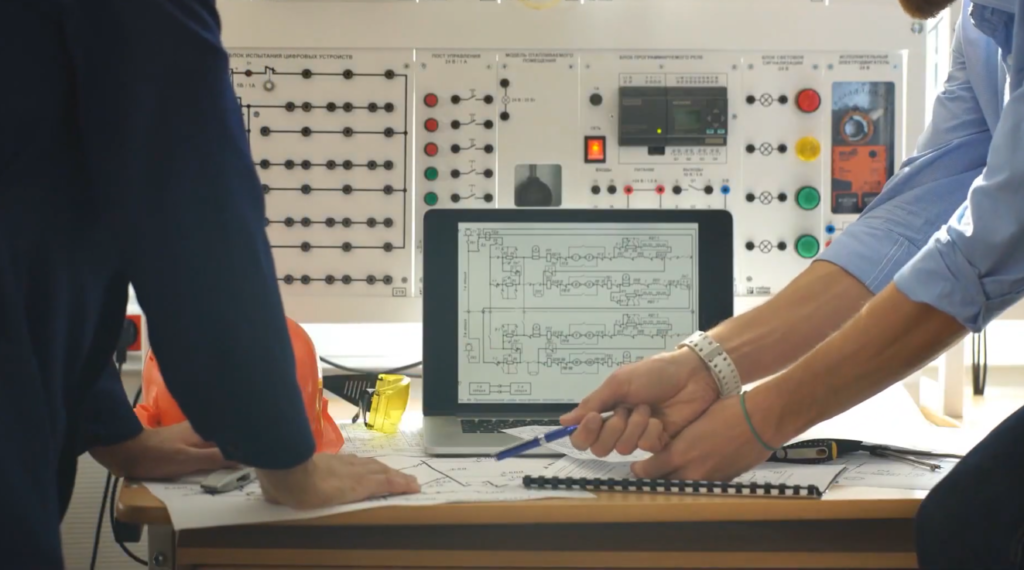
While being an independent electrician contractor can be a lot of work, it does have its perks. For starters, you’ll have the freedom to set your own hours and schedule. In addition, you’ll also be able to choose which projects you work on and how much you charge for your services. Becoming an independent electrician contractor is a great way to take control of your career and earn more money.
To become an independent electrician contractor, you will have to prove that you have the experience and expertise to handle the job. This typically includes having a minimum of 4 years’ experience working as an electrician or 12,000 hours, as well as passing a business exam. Once you have met these requirements, you can then apply for a contractor’s license from the state of Texas.
After you have met all the requirements, you will then need to get licensed and insured before you can start working as an electrician in Texas. If all your certificates are in order, you will have to acquire and show proof of insurance and financial responsibility. [1], [4]
FAQ
How long is trade school for electricians in Texas?
The length of trade school for electricians in Texas can vary depending on the type of program you choose. Generally, most programs will take between two and four years to complete. Some apprenticeship programs may last longer, but these are typically more hands-on and focused on job training rather than classroom instruction.
How much does an apprentice electrician make in Texas?
In Texas, the average annual salary for an apprentice electrician is $54,110. However, salaries will vary based on a number of factors, including experience, education, and certifications. For example, apprentices with more experience can expect to earn higher salaries than those who are just starting out. Additionally, electricians who have completed formal training or hold professional certifications may also earn higher salaries.
What are the requirements to become an electrician in Texas?
To become an electrician in Texas, you must complete an apprenticeship or earn a degree from an accredited trade school. Once you have completed your training, you must then pass a journeyman electrician test. After passing it, you will be issued a journeyman license, which allows you to work under the supervision of a master electrician. Finally, you can earn your master electrician license by passing a state-approved examination.
How long does it take to become an electrician in Texas?
The length of time it takes to become an electrician in Texas depends on which route you take to complete your training. An apprenticeship typically lasts four years, while attending a trade school can shorten the process to two years.
Is Texas a good state to be an electrician?
The electrical industry in Texas is growing rapidly. There are many reasons why now is a great time to become an electrician in Texas. The state’s population is booming, which means more homes and businesses are being built—and they all need electrical systems. Additionally, the state has adopted strict energy codes that require new buildings to be outfitted with energy-efficient lighting and other electrical upgrades. This not only creates job opportunities for electricians, but also helps the environment.
Texas is also home to some of the largest companies in the country, many of which are in the electrical industry. These companies are constantly expanding and hiring electricians to help with their growth. In fact, Texas is one of the top states for electrician job growth.
Useful Video: How To Become An Electrician In Texas – It’s So Easy!
Conclusion
The process of becoming an electrician in Texas may seem daunting, but it’s certainly doable with the right amount of hard work and dedication. As we found out, electricians in Texas need to have a high school diploma or GED, complete an electrician apprenticeship program, and pass a journeyman or master electrician licensing exam.
There are many benefits to becoming an electrician. For one, electricians are in high demand and the job prospects are good. Electricians also earn a good salary, with the average apprentice electrician making $52,000 a year. And of course, as an electrician you’ll have the satisfaction of knowing that you’re helping to keep the lights on for everyone in Texas!
Just remember to take your time, research each step thoroughly, and be prepared for a long (but ultimately rewarding) journey. With these tips in mind, you’ll be well on your way to becoming a licensed electrician in Texas in no time. Thanks for reading!
References
- https://teamenoch.com/blog/how-to-become-a-licensed-electrician-in-texas/
- https://www.bestcolleges.com/trades/electrical-technology/how-to-become-an-electrician/
- https://intercoast.edu/blog/become-an-electrician/
- https://asktheelectricalguy.com/how-to-become-an-electrician-in-texas/
- https://fsg.com/how-to-become-an-electrician-in-texas/
- https://www.wikihow.com/Become-an-Electrician-in-Texas





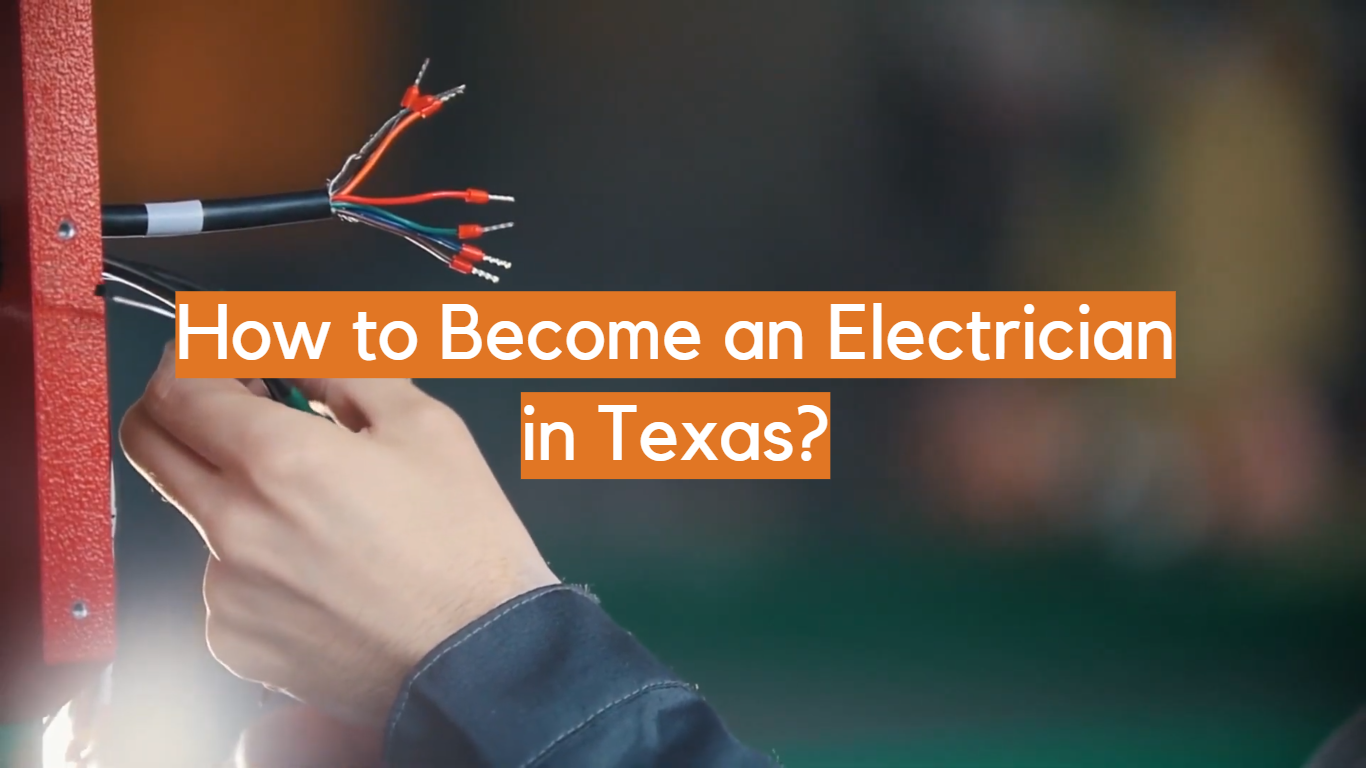
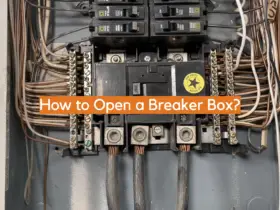



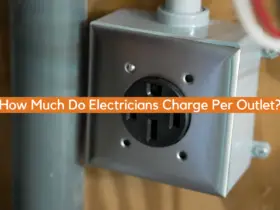

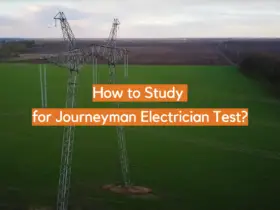
Leave a Reply